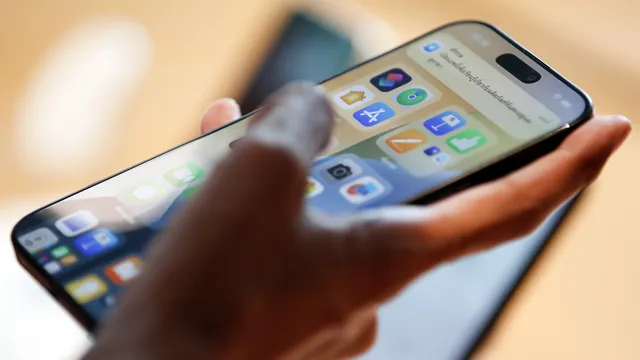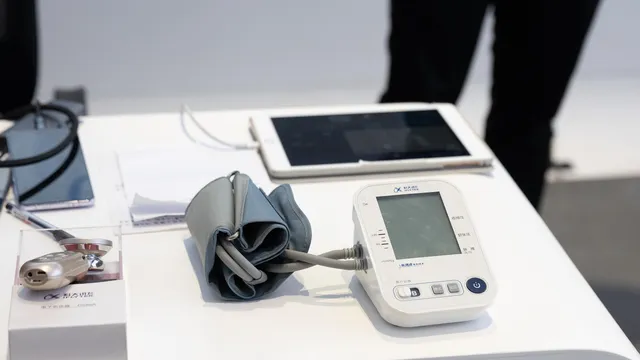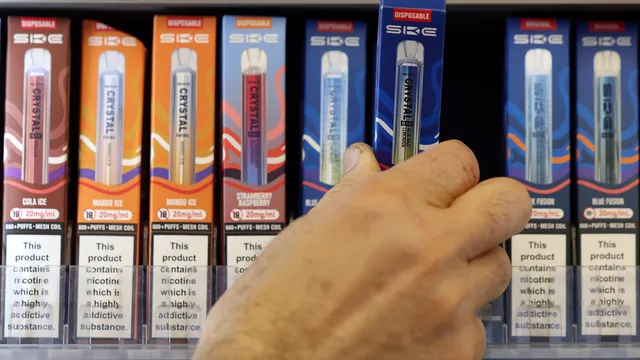Young people who received a smartphone before the age of 13 are more likely to report suicidal thoughts, aggression, and reduced emotional resilience. This is according to a large-scale global study covering over 100,000 people.
The study, published in the Journal of Human Development and Capabilities, shows that earlier smartphone ownership is associated with significantly lower mental well-being scores in early adulthood. This raises serious questions about exposing children to digital environments driven by artificial intelligence and social media algorithms.
Using data from the Global Mind Project, researchers found a sharp decline in "mental health" scores the younger a person was when they first received a smartphone. Those who received their first phone at age 13 had an average score of 30, while those who received one at age 5 had a score close to 1. Among women, nearly half of those who owned a smartphone before the age of 7 reported suicidal thoughts in early adulthood.
The study used the Mind Health Quotient (MHQ), a self-assessment that evaluates cognitive, emotional, and social functioning, rather than just the classic symptoms of depression or anxiety. The results are the same across all languages, cultures, and continents.
Young people who had smartphones before the age of 13 are more likely to report hallucinations, aggression, and feelings of alienation from reality.
Early users had higher levels of low self-esteem, emotional instability, and reduced empathy—especially among males.
The earlier a person gets their first smartphone, the more likely they are to show signs of poor mental health.
According to the study, early access to social media explains about 40% of the link between early smartphone use and poorer mental health in adults. Other key factors are: sleep disturbance (12%), poor family relationships (13%), and cyberbullying (10%).
In English-speaking countries, the risks are even greater – probably due to earlier smartphone ownership and exposure to online content in English, which, according to the authors, may include more harmful material.
"Our data show that early smartphone ownership—and the access to social media that often comes with it—is associated with profound changes in mental health and well-being in early adulthood," said Dr. Tara Tiagarajan, lead author and neurologist at Sapien Labs.
She emphasized that the results go beyond traditional mental health diagnoses and affect symptoms that are more difficult to detect but are socially significant, such as emotional alienation and loss of self-esteem.
What can be done? Four urgent recommendations.
To reduce harm, the authors recommend: mandatory training in digital literacy and mental health for young people, stricter enforcement of age restrictions on social media, legal restrictions on access to social media for children under 13, and gradual access to smartphones with "child-safe" alternatives.
"Waiting for irrefutable evidence risks missing the opportunity for timely preventive action," Tiagarajan warned.
The article argues that smartphone policy should follow the models used for alcohol and tobacco: age restrictions, public accountability, and broad public participation. | BGNES

 Breaking news
Breaking news
 Europe
Europe
 Bulgaria
Bulgaria







